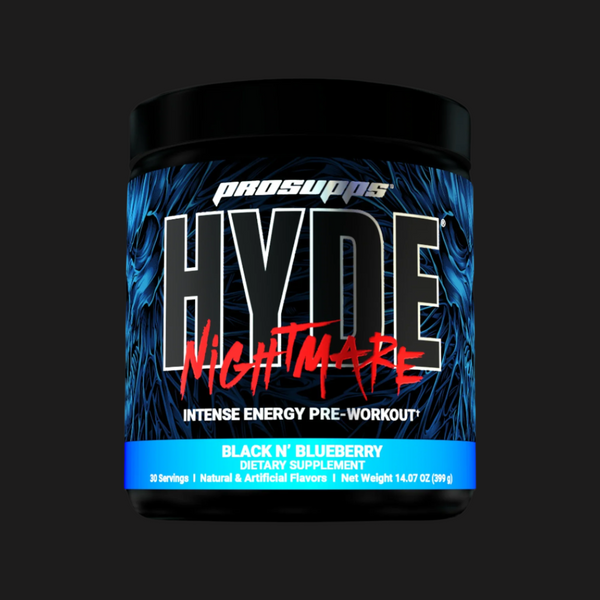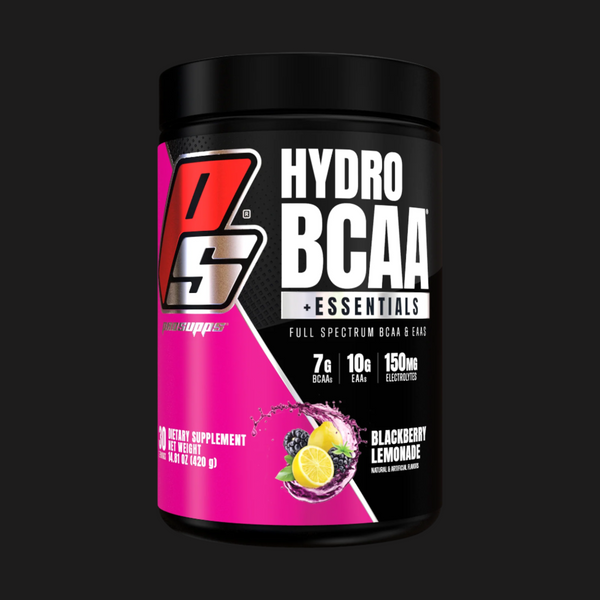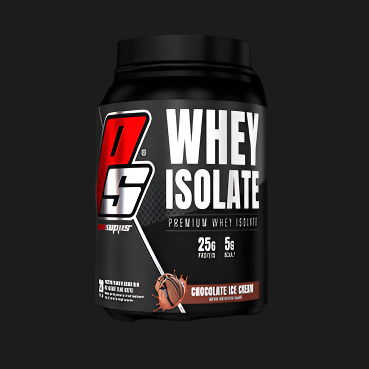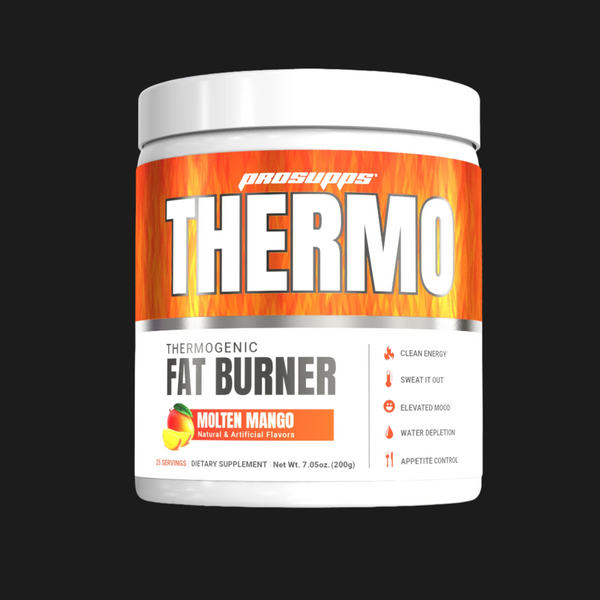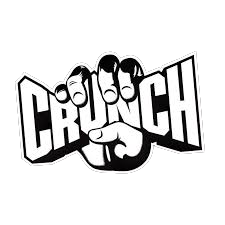
How to Lean Bulk: Meal & Workout Plan for Optimal Muscle Gain
 Written by Pri Prunella
Written by Pri Prunella August 12, 2024
Lean bulking is a strategic approach to gaining muscle while minimizing fat gain. It emphasizes consuming nutrient-dense, whole foods in a controlled calorie surplus, paired with a targeted workout plan. This method contrasts with traditional bulking, where the focus is often solely on calorie increase, regardless of nutritional quality. Lean bulking ensures that every calorie consumed contributes to muscle growth and overall health.
What is a Lean Bulk?
Lean bulk us an approach to eating in a way that a surplus calorie intake doesn’t increase your body fat significantly. With a lean bulk, processed foods are limited in favor of whole foods, often referred to as clean bulking. This approach to weight gain is the opposite of eating anything and everything to increase muscle size. It still involves eating a higher calorie count, but each calorie is nutrient-dense rather than empty or void of nutrition. For example, increasing calorie intake by adding more lean protein or complex carbs, rather than fast food or high-calorie, high-fat snacks helps in gaining muscle without excessive fat.
Benefits of Lean Bulking
While people want to gain bigger muscles, their aim is not to increase the size of their bodies. A lean bulk has the benefit of growing your muscles while doing it in a sustainable healthy way. Here are a few other benefits:
- Improved muscle definition: Lean bulking helps maintain a lower body fat percentage, ensuring muscle gains are more defined and visible.
- Better health: By focusing on whole, nutrient-dense foods, lean bulking supports overall health, reducing the risk of chronic diseases associated with processed foods.
- Sustainable gains: Lean bulking promotes gradual and sustainable muscle growth, making it easier to maintain progress long-term.
- Enhanced performance: Proper nutrition from lean bulking enhances workout performance, providing the energy and nutrients needed for intense training sessions.
How to Lean Bulk Effectively?
It is important not to jump into the bulking process without any plan, or better yet, while not understanding the key parts to doing it in a healthy format.
Benefits of Lean Bulking
-
Calculate Your Calorie Needs
To begin your lean bulk, calculate your maintenance calories—the number of calories needed to maintain your current weight. Add a modest surplus of 250-500 calories per day to promote muscle growth without excessive fat gain.
-
Focus on Macronutrients
Protein: Aim for 1.6-2.2 grams of protein per kilogram of body weight. Lean sources include chicken, turkey, fish, tofu, and legumes.
Carbohydrates: Prioritize complex carbs like whole grains, fruits, and vegetables to fuel workouts and recovery.
Fats: Include healthy fats from sources like avocados, nuts, seeds, and olive oil.
-
Plan Your Meals
Structure your meals around whole, unprocessed foods. Aim for balanced meals with protein, carbs, and fats. For example, a meal might include grilled chicken (protein), quinoa (carbs), and a side of mixed vegetables with olive oil (fats).
-
Stay Hydrated
Drink plenty of water throughout the day to support muscle function and recovery.
-
Strength Training
Follow a structured workout plan focusing on compound movements like squats, deadlifts, bench presses, and rows. Aim for 4-5 weekly strength training sessions, progressively increasing the weights to continue challenging your muscles.
-
Monitor Your Progress
Regularly track your weight, body composition, and strength levels. Adjust your calorie intake and workout intensity as needed to ensure you’re progressing towards your muscle gain goals without gaining excessive fat.
Creating a Lean Bulk Diet
To successfully lean bulk, it's crucial to develop a diet plan that supports muscle growth while minimizing fat gain. You'll increase your calorie intake by incorporating foods rich in protein, complex carbohydrates, and healthy fats, ensuring that each calorie contributes to muscle development rather than fat storage. A lean bulk diet is carefully balanced with macronutrients: adequate protein to repair and build muscles, complex carbs to fuel workouts and recovery, and healthy fats to support overall health.
Macronutrient Ratios in a Lean Bulk Diet
Balancing macronutrients is key to an effective lean bulk diet:
Protein
Essential for muscle repair and growth. Aim for 1.6-2.2 grams per kilogram of body weight.
Carbohydrates
Provide energy for workouts and recovery. Focus on complex carbs like whole grains and vegetables. Carbohydrates should make up about 45-60% of your total daily calories.
Fats
Support hormone production and overall health. Include healthy fats from sources like avocados and nuts. Fats should comprise about 20-30% of your total daily calories.
Lean Bulk Foods to Include in Your Diet
In order to take on your meal plan, deciding what lean bulk foods to purchase at the grocery store is important to the process! Here are a few foods that you should consider introducing to your daily meals.
Chicken Breast
Chicken breast is high in lean protein, low in fat and supports muscle repair and growth.
Quinoa
Quinoa provides complex carbohydrates and a complete protein source. It helps sustain energy levels.
Greek Yogurt
Greek yogurt is rich in protein and probiotics and supports muscle recovery and digestive health.
Sweet Potatoes
Sweet potatoes are high in complex carbs and fiber. They offer sustained energy and aid digestion.
Salmon
Salmon is packed with protein and healthy fats (omega-3s). It supports muscle growth and reduces inflammation.
Lean Bulk Meal Plan Examples
Here is a sample lean bulk meal plan designed to align with a lean bulk diet and support effective lean bulking:
Breakfast
- Scrambled eggs with spinach and tomatoes
- Oatmeal topped with fresh berries
Lunch
- Grilled chicken breast served with quinoa and steamed broccoli
- A mixed green salad with avocado and a light vinaigrette
Snack
- Greek yogurt with a handful of almonds.
- A MyBar protein bar.
Post-Workout Snack
- A protein shake blended with a banana and ProSupps' Whey Protein.
- Cottage cheese with pineapple (a mix of protein and natural sugars to replenish energy).
Dinner
- Baked salmon accompanied by sweet potato and roasted Brussels sprouts.
- Grilled chicken breast served with quinoa and steamed broccoli.
- Turkey meatballs paired with whole grain pasta and a side of sautéed spinach.
Designing a Lean Bulk Workout Plan
A well-structured lean bulk workout plan is essential for successful lean bulking, combining resistance training and cardio to maximize muscle growth while maintaining overall fitness. Resistance training is crucial for stimulating muscle hypertrophy and strength, while cardio helps manage body fat levels and improves cardiovascular health.

(Image from Oxygen Mag)
Full-Body Workout Routine (3 Days a Week)
Squats: 4 sets of 8-12 reps
Bench Press: 4 sets of 8-12 reps
Deadlifts: 3 sets of 6-10 reps
Pull-Ups: 3 sets to failure
Plank: 3 sets of 30-60 seconds
Cardio: 20 minutes of moderate intensity on alternate days
Upper/Lower Split (4 Days a Week)

(Tricep Dip, Image from Quora)
Upper Body Day:
Overhead Press: 4 sets of 8-12 reps
Bent-Over Rows: 4 sets of 8-12 reps
Incline Dumbbell Press: 3 sets of 10-15 reps
Bicep Curls: 3 sets of 12-15 reps
Tricep Dips: 3 sets of 10-15 reps
Cardio: 15 minutes of high-intensity interval training (HIIT) post-workout

(Lunges, Image from Training Station)
Lower Body Day:
Leg Press: 4 sets of 8-12 reps
Lunges: 3 sets of 12-15 reps per leg
Romanian Deadlifts: 4 sets of 8-12 reps
Calf Raises: 4 sets of 15-20 reps
Hanging Leg Raises: 3 sets of 12-15 reps
Cardio: 20 minutes of steady-state cardio post-workout
Supplements for Lean Bulking
Supplements can play a supportive role in a lean bulking regimen by enhancing muscle growth, improving recovery, and ensuring nutritional balance. Here’s an overview of beneficial supplements and how to integrate them into your lean bulk diet:
Whey Protein
Whey protein provides a high-quality protein source to support muscle repair and growth. It is fast-digesting and ideal for post-workout recovery.
Take whey protein ideally as a post-workout. Mix a scoop with water or milk and consume within 30 minutes after training. For better results, pair it with a carbohydrate source like a banana or a piece of whole-grain toast to aid in muscle recovery and replenish glycogen stores.
Creatine Monohydrate
Creatine supplements enhance strength, increase muscle mass, and improve exercise performance. They support energy production in muscles.
Take as directed, usually 3-5 grams daily, ideally before workouts. You can mix it with water or a pre-workout drink. Some prefer to start with a loading phase (20 grams daily for 5-7 days) followed by a maintenance phase, but this can vary based on individual goals.
Branched-Chain Amino Acids (BCAAs)
BCAAs help reduce muscle soreness, decrease fatigue, and support muscle protein synthesis. They are useful during intense training sessions.
Mix the recommended amount of your BCAA supplement (typically 5-10 grams) with water and sip slowly throughout your workout.
Omega-3 Fatty Acids
Omega-3 fatty acids reduce inflammation, support joint health, and aid in overall recovery. They are typically found in fish oil or flaxseed oil capsules.
It is recommended to take 1-3 grams daily, preferably with meals to enhance absorption and minimize any aftertaste.
Multivitamins
Multivitamins ensure adequate intake of essential vitamins and minerals that might be lacking in your diet. They support overall health and wellness.
It is recommended to take one serving with your first meal of the day to ensure you get essential vitamins and minerals throughout the day. Multivitamins are best absorbed when taken with food.
How to Start Your Lean Bulking Journey
Embarking on your lean bulking journey involves a balanced approach to diet and exercise. Start with a modest caloric surplus, focusing on nutrient-dense foods and proper macronutrient ratios. Combine resistance training and cardio to stimulate muscle growth while managing body fat. Use beneficial supplements to enhance progress and support overall health. To kickstart your journey:
- Calculate Your Caloric Needs: Ensure you’re eating enough to support muscle growth without excess fat gain.
- Design a Balanced Workout Plan: Combine resistance training with cardio for optimal results.
- Incorporate Beneficial Supplements: Use supplements to complement your diet and enhance performance.
Start today and take the first step towards achieving your muscle gain and fitness objectives with confidence!
References
Iraki, J., Fitschen, P., Espinar, S., & Helms, E. (2019). Nutrition Recommendations for Bodybuilders in the Off-Season: A Narrative Review. Sports (Basel, Switzerland), 7(7), 154. https://doi.org/10.3390/sports7070154
GET LEAN
 Why You're Struggling
Can't Lean Out? Here's Why You're Struggling
Why You're Struggling
Can't Lean Out? Here's Why You're Struggling
We all know the feeling. You’ve been working hard in the gym, sticking to your diet and getting in your...
 Weight Loss
Choosing the Best Protein Powder for Weight Loss
Weight Loss
Choosing the Best Protein Powder for Weight Loss
Struggling to shed body fat and lean out? You might need to focus more on your nutrition, specifically your protein...
 Weight Loss
9 Ways to Speed Up Your Weight Loss and Burn More Fat
Weight Loss
9 Ways to Speed Up Your Weight Loss and Burn More Fat
Weight loss is a major goal for more than 40 percent of Americans. Is it something you’re working toward, too?
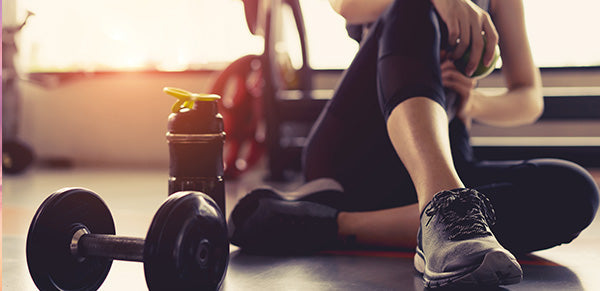 Workout Routine
10 Tips for Building a Sustainable Workout Routine
Workout Routine
10 Tips for Building a Sustainable Workout Routine
Starting a fitness journey is an exciting time, but maintaining a sustainable workout routine can be challenging. From setting realistic...





